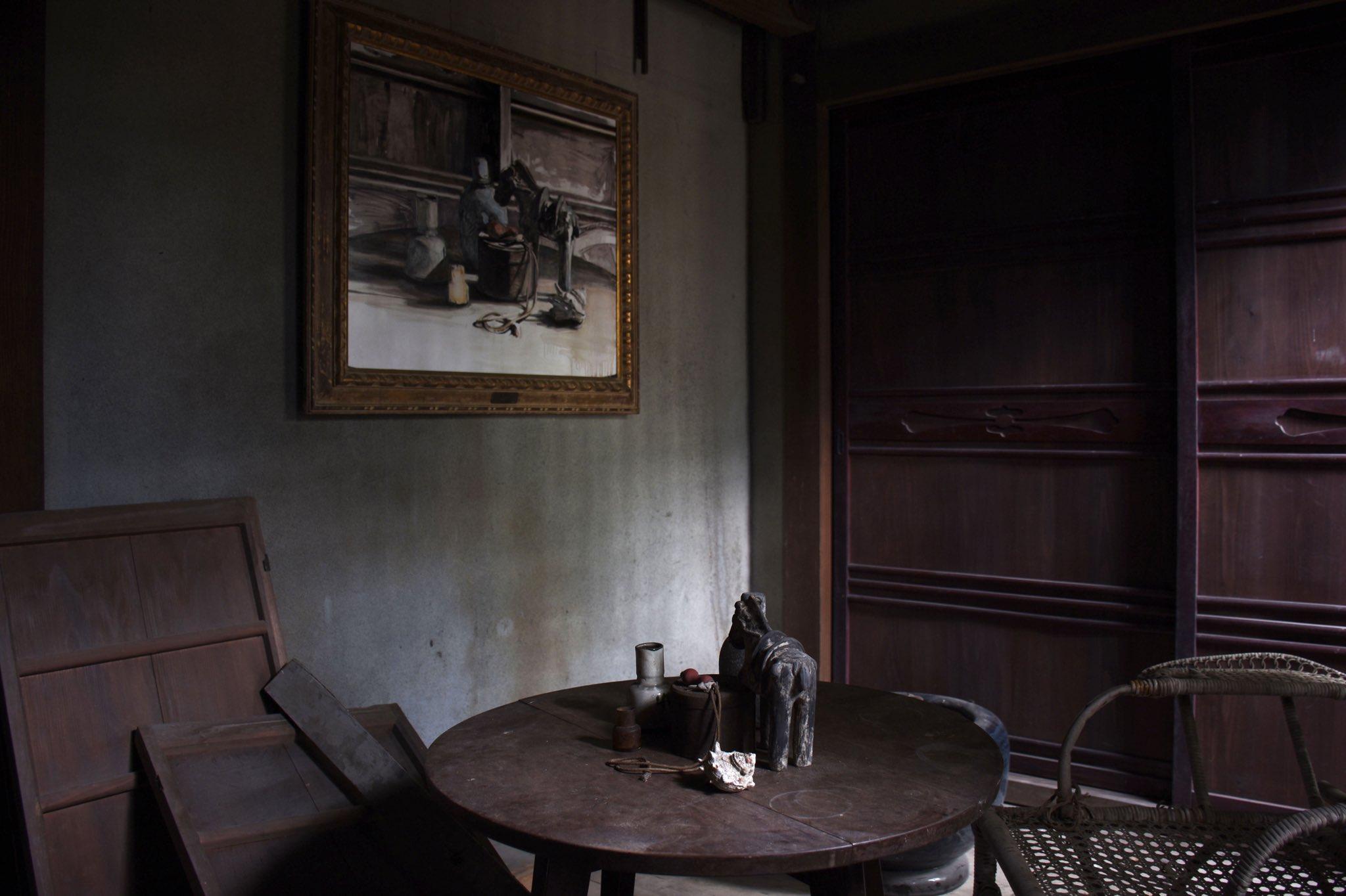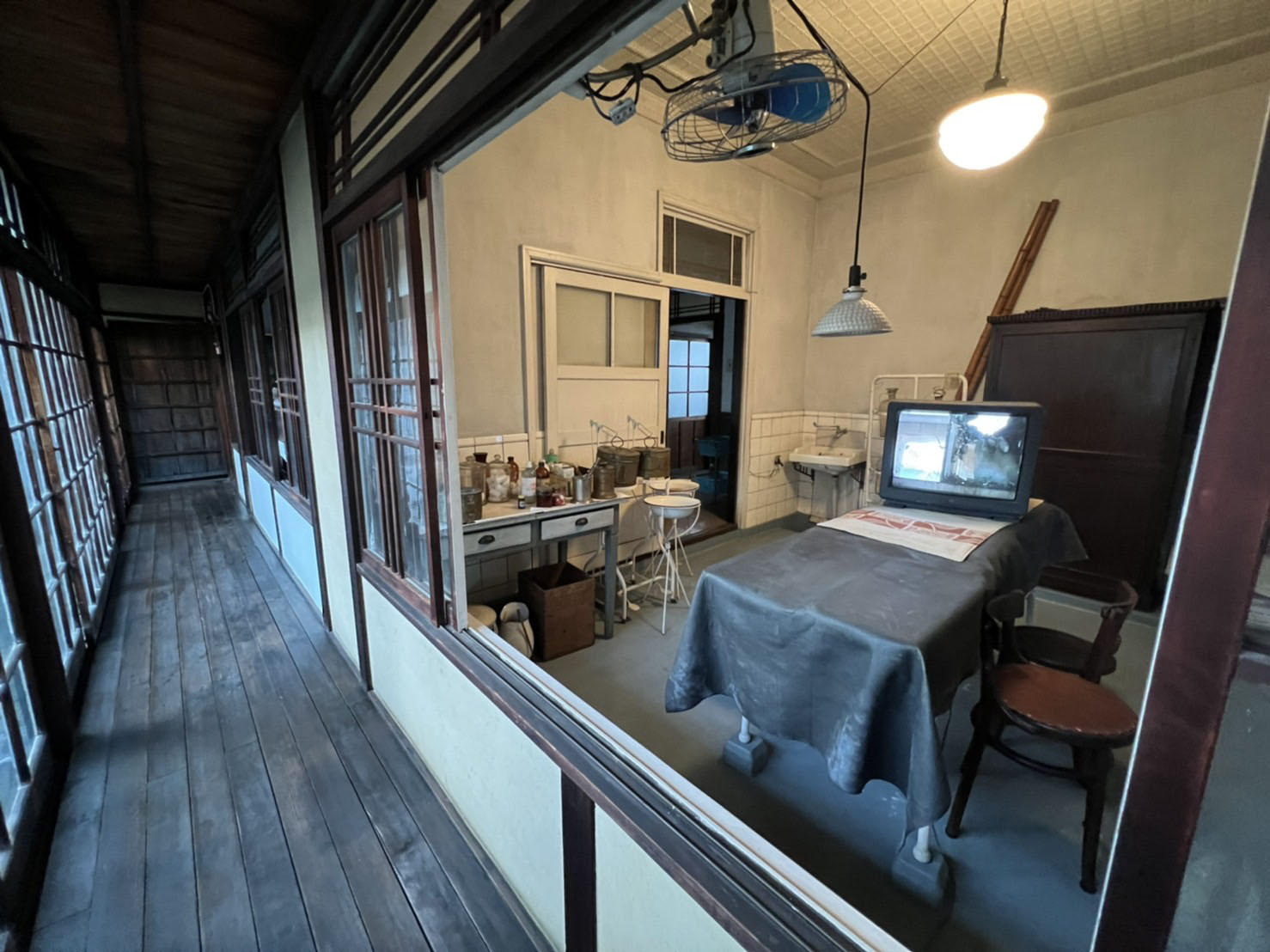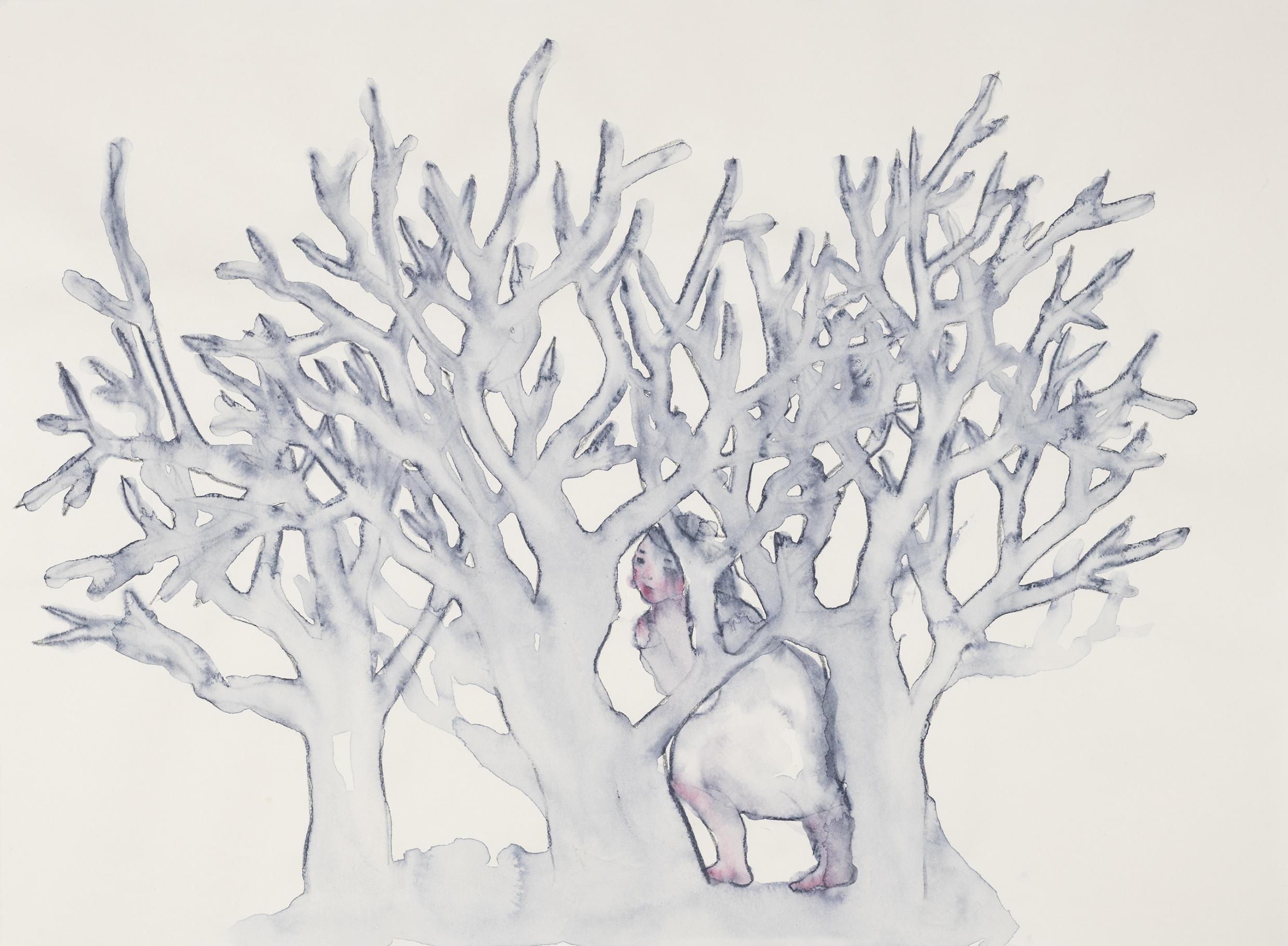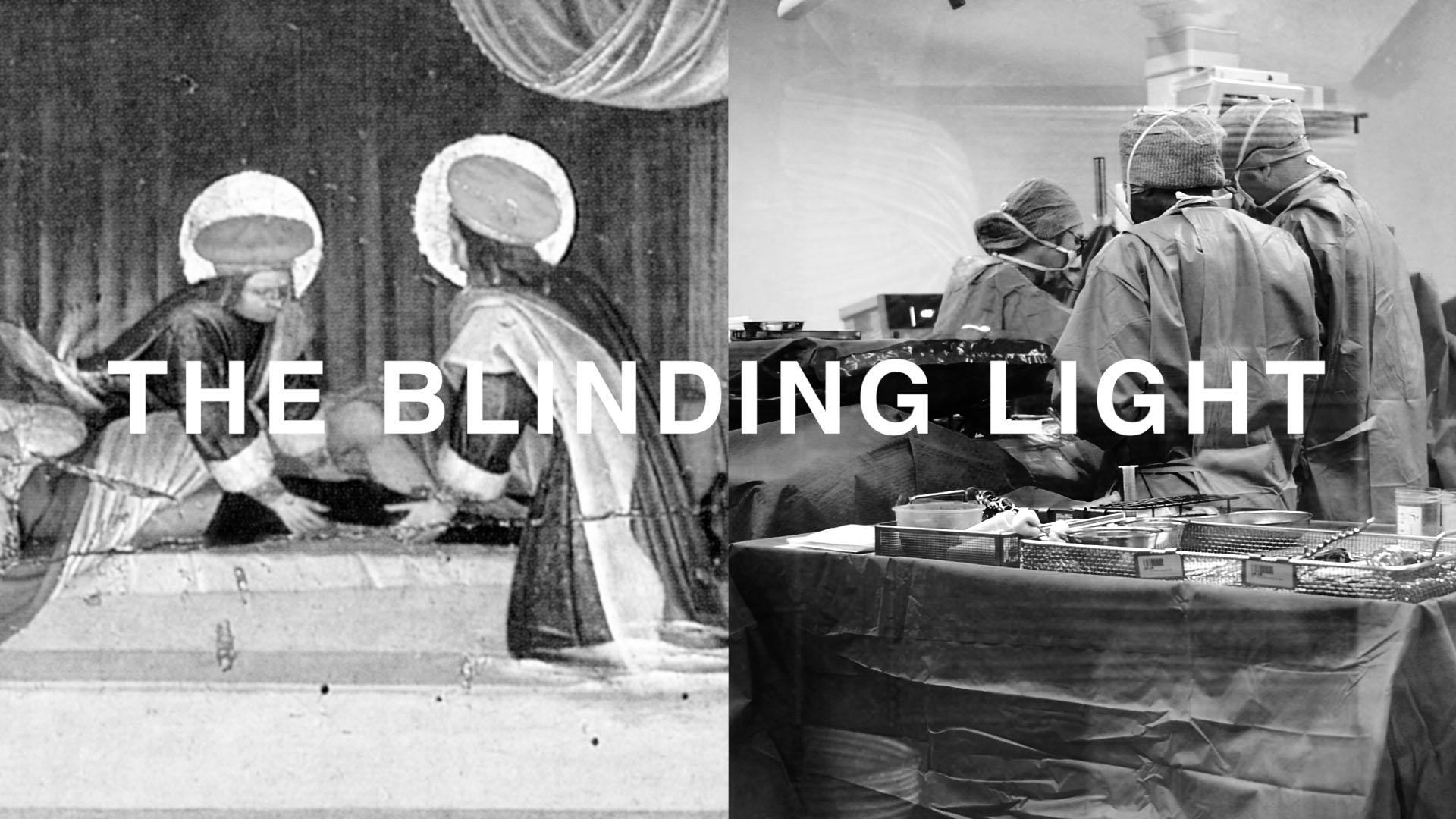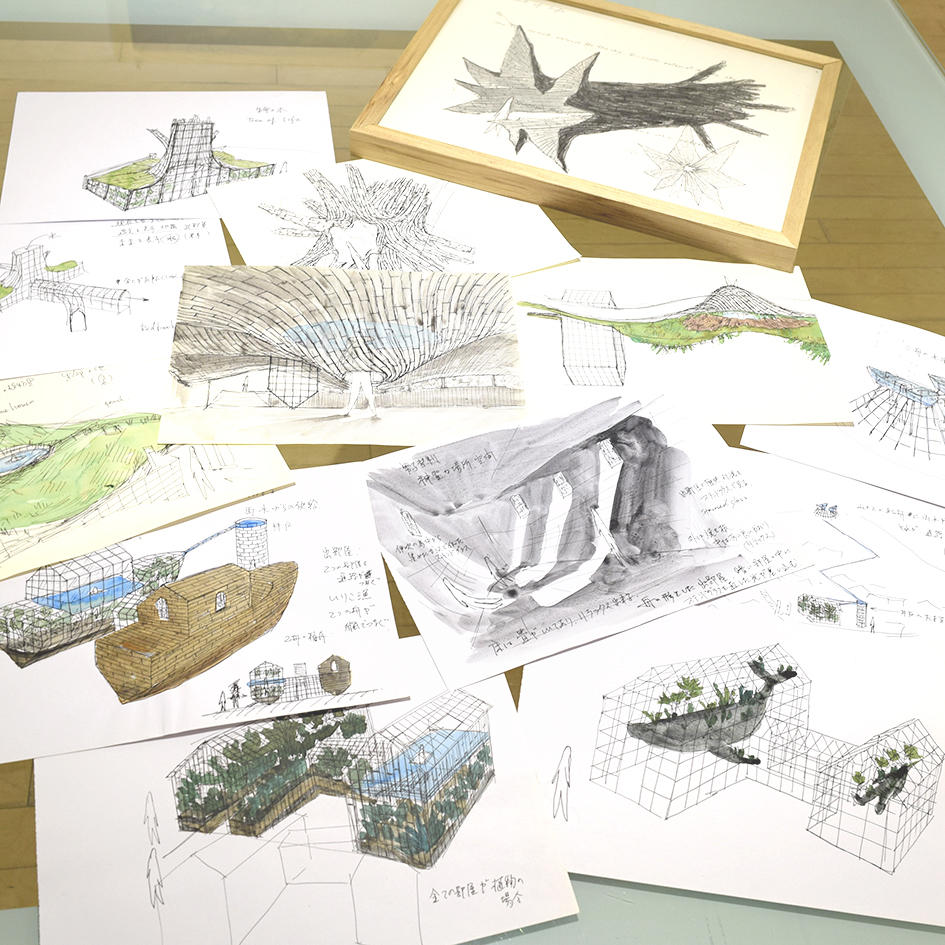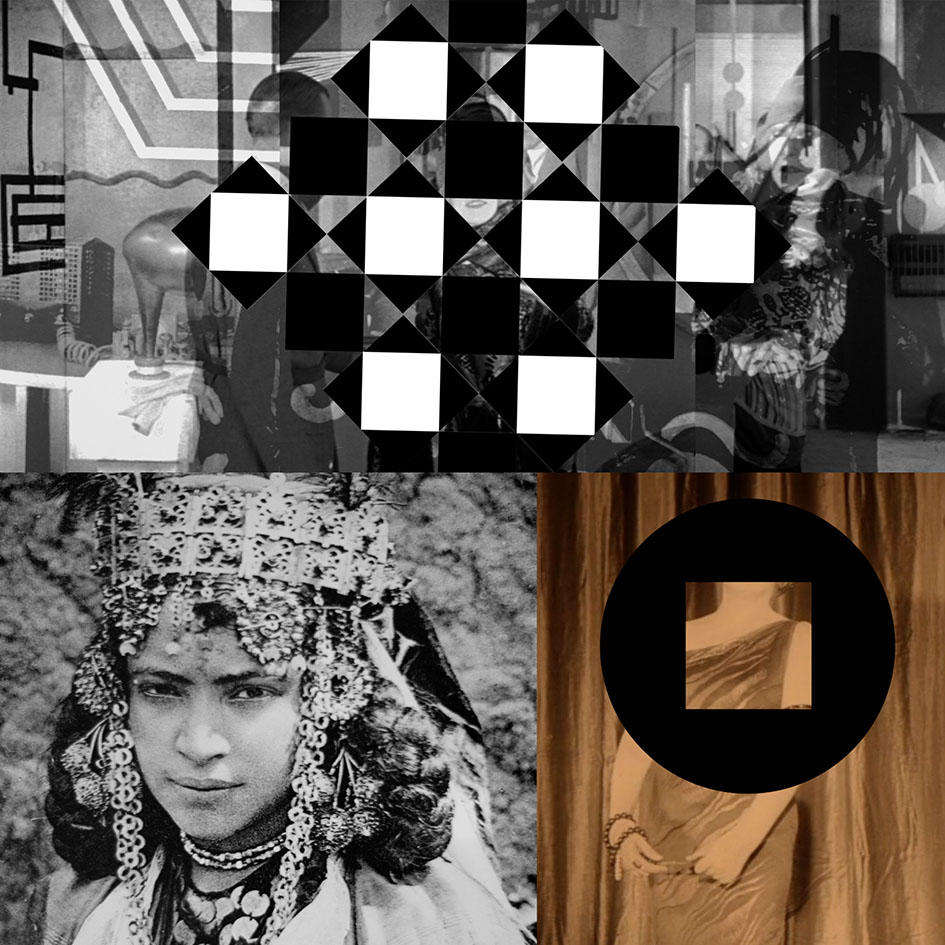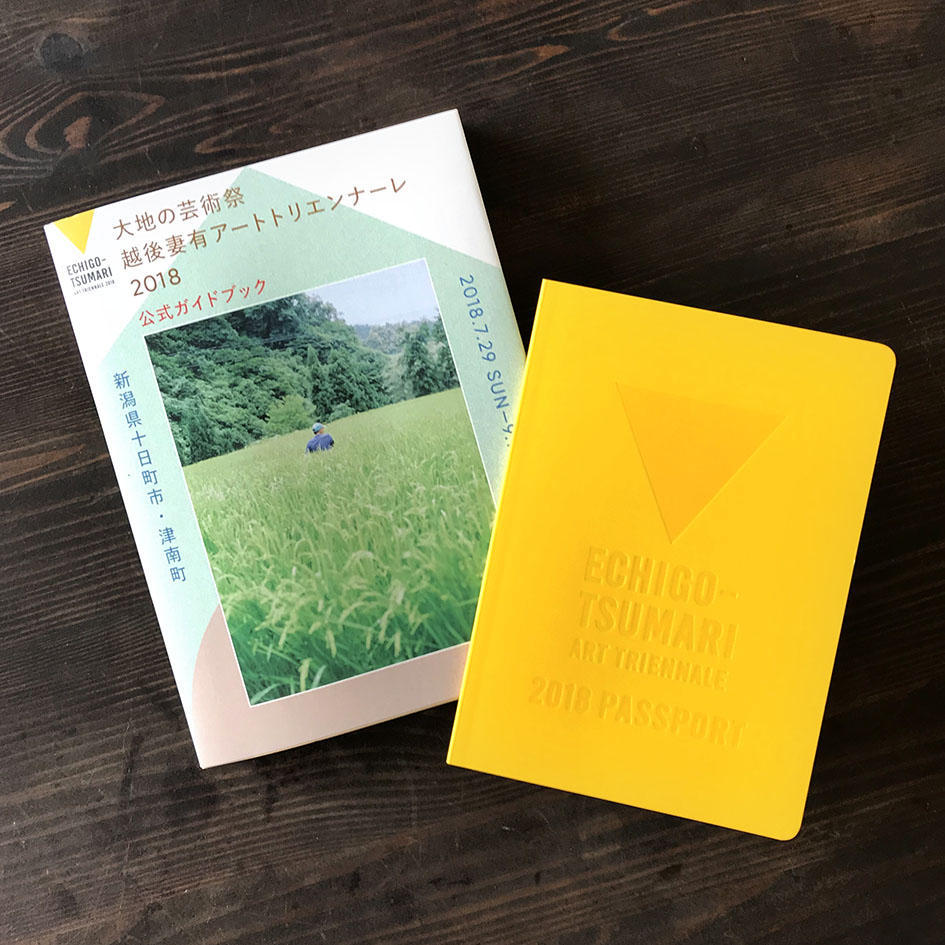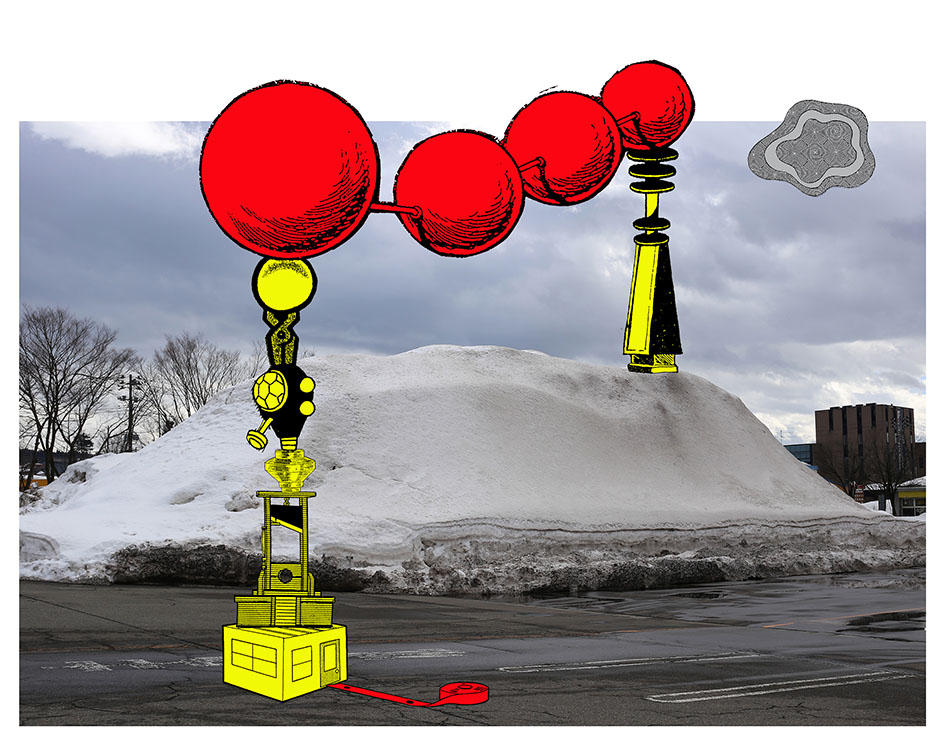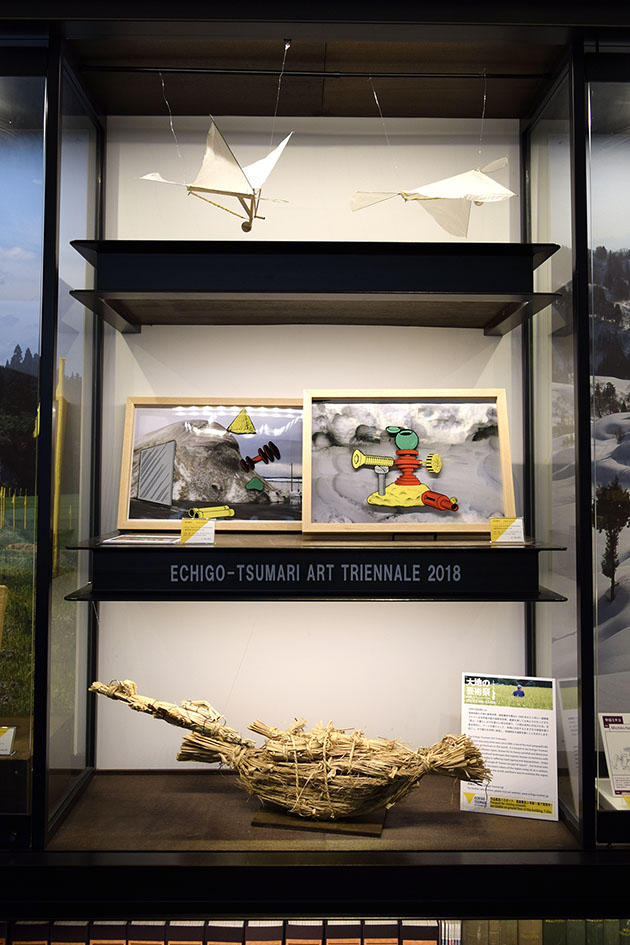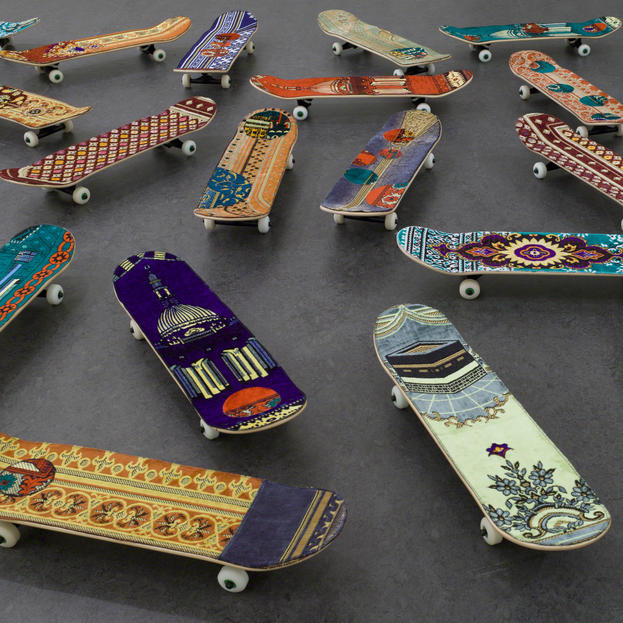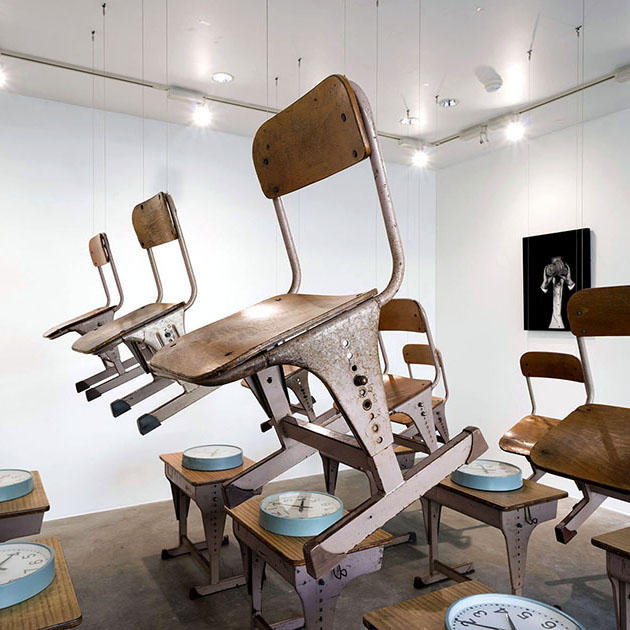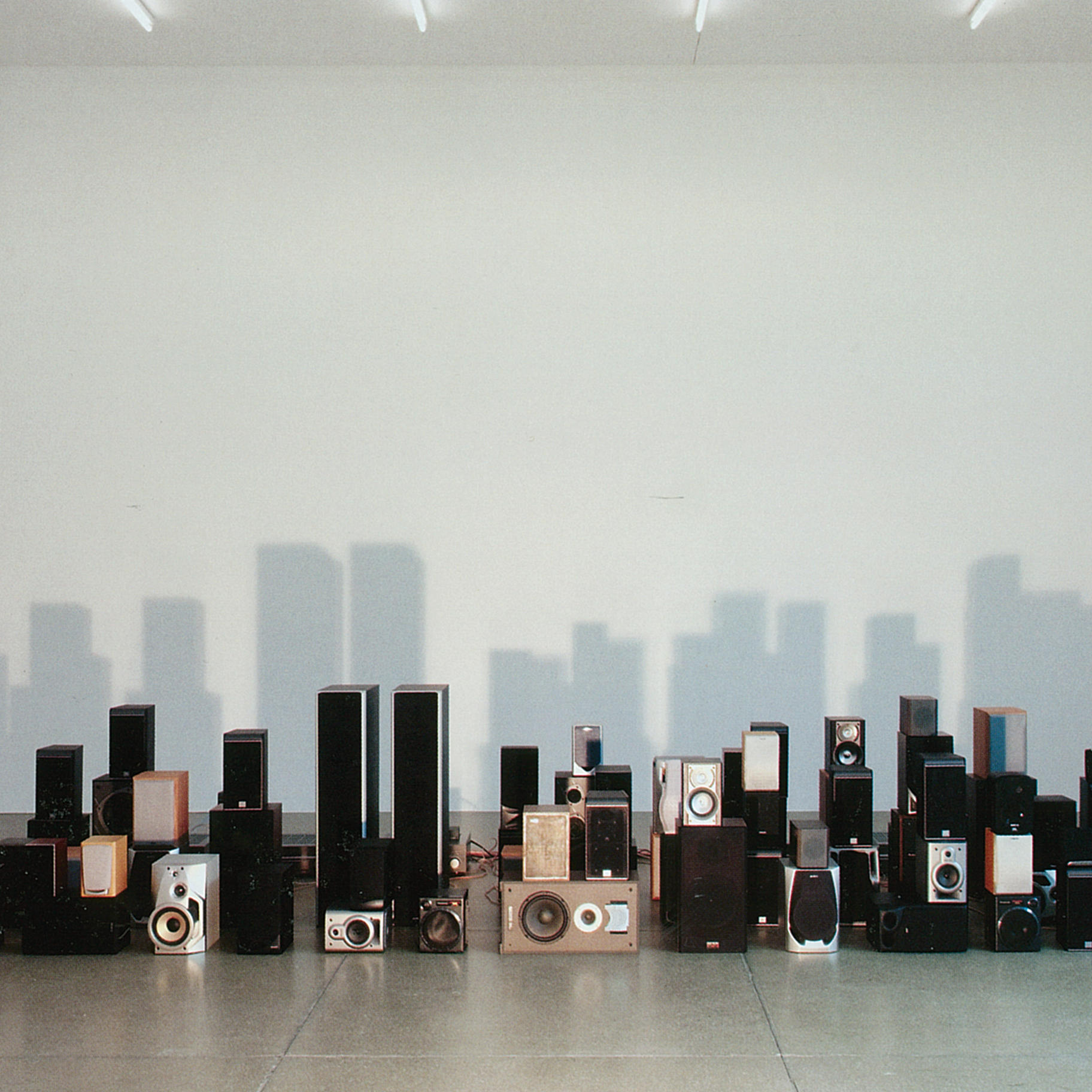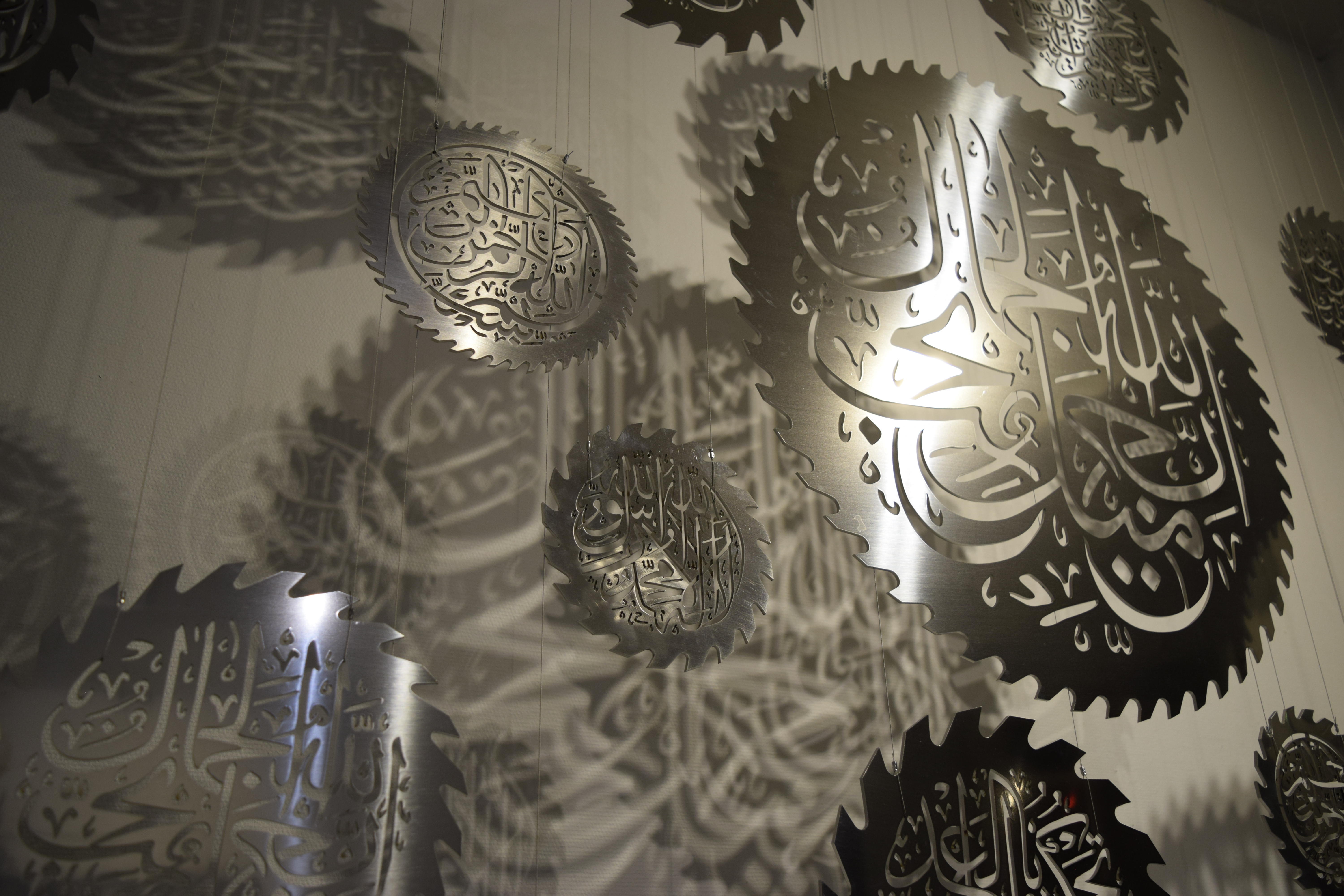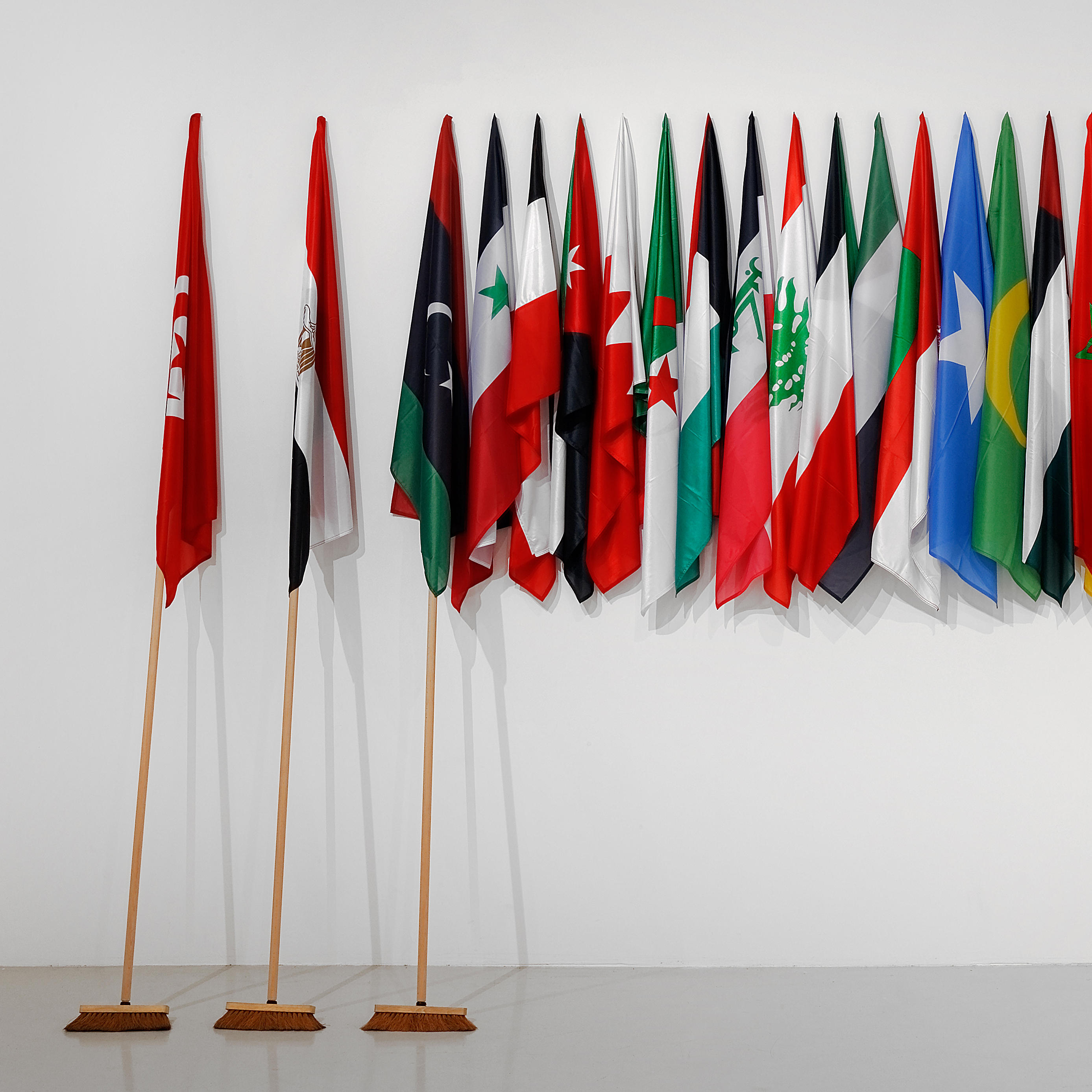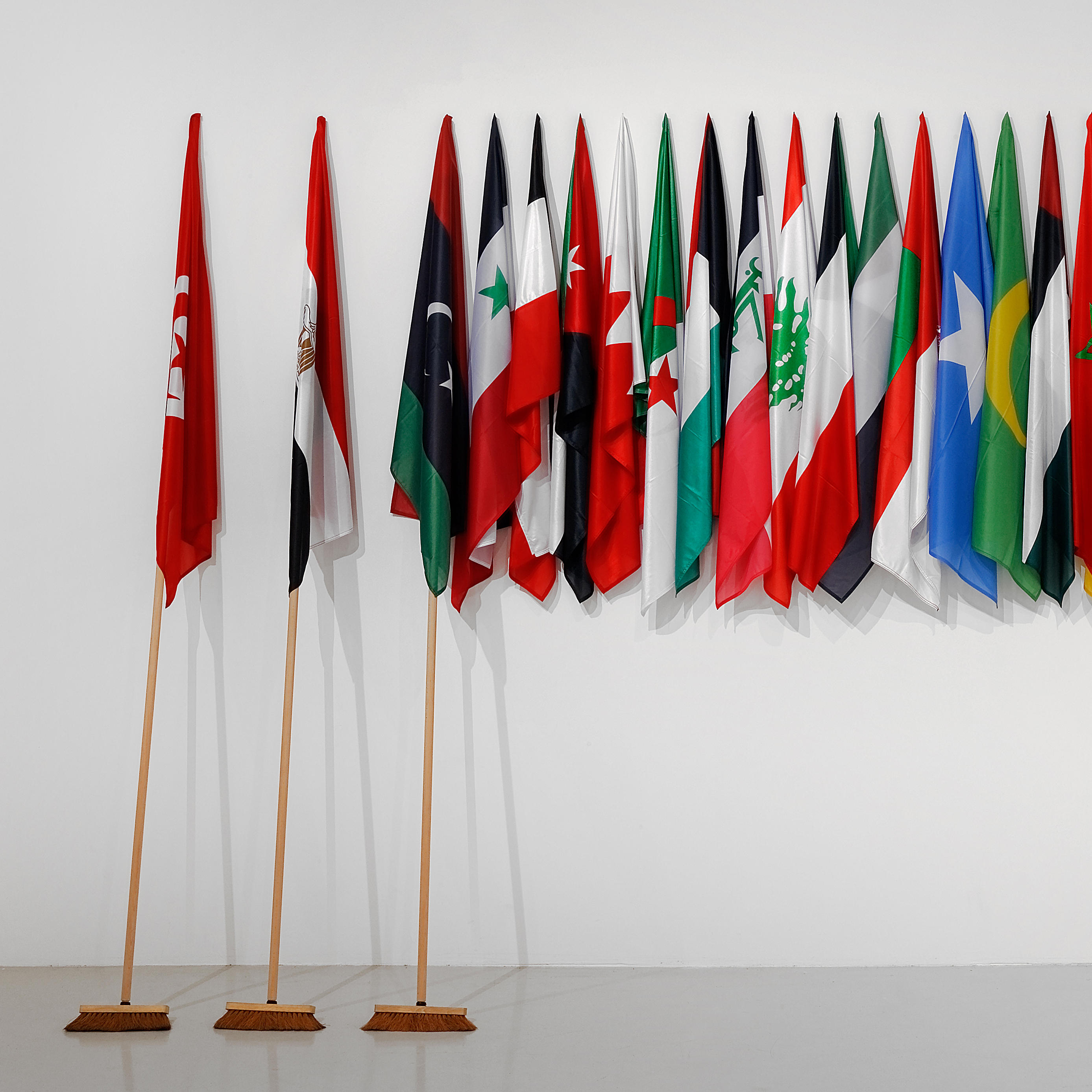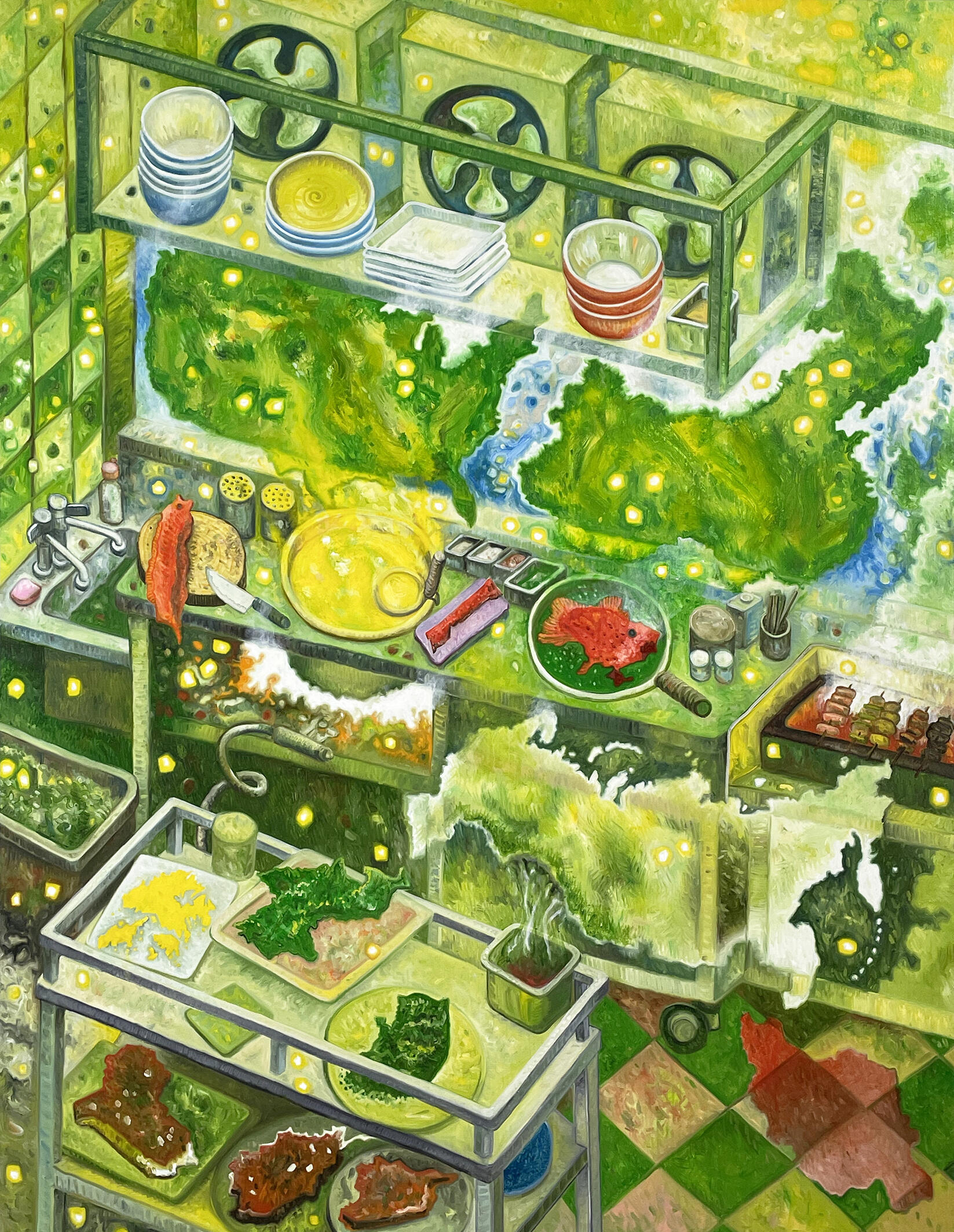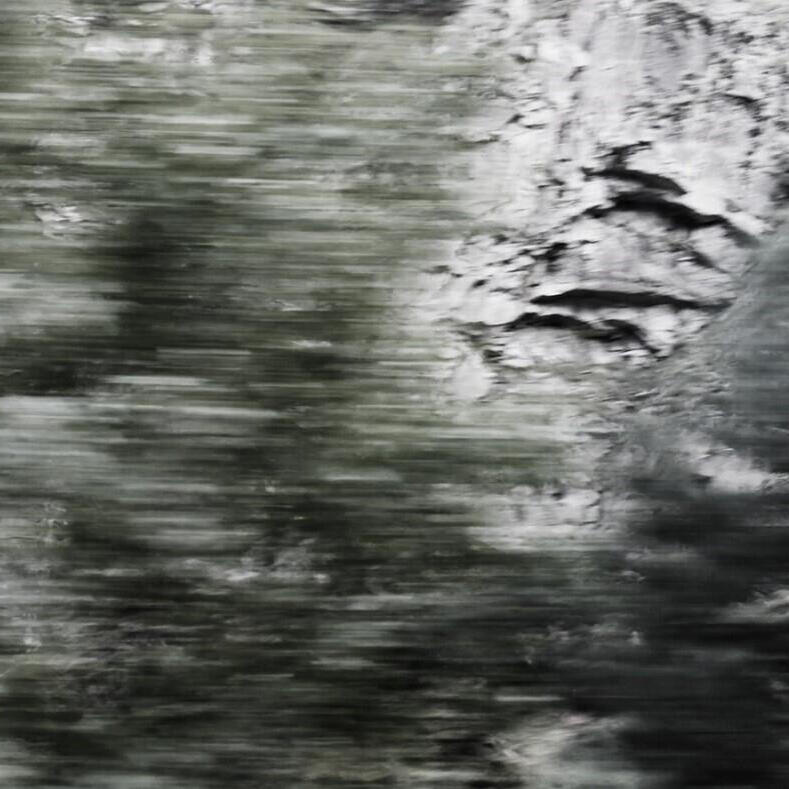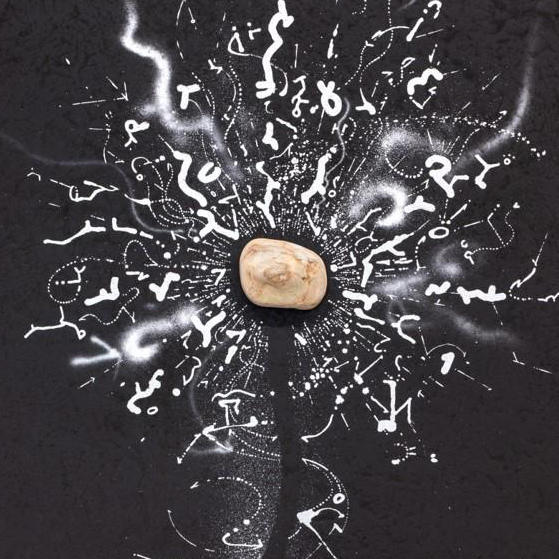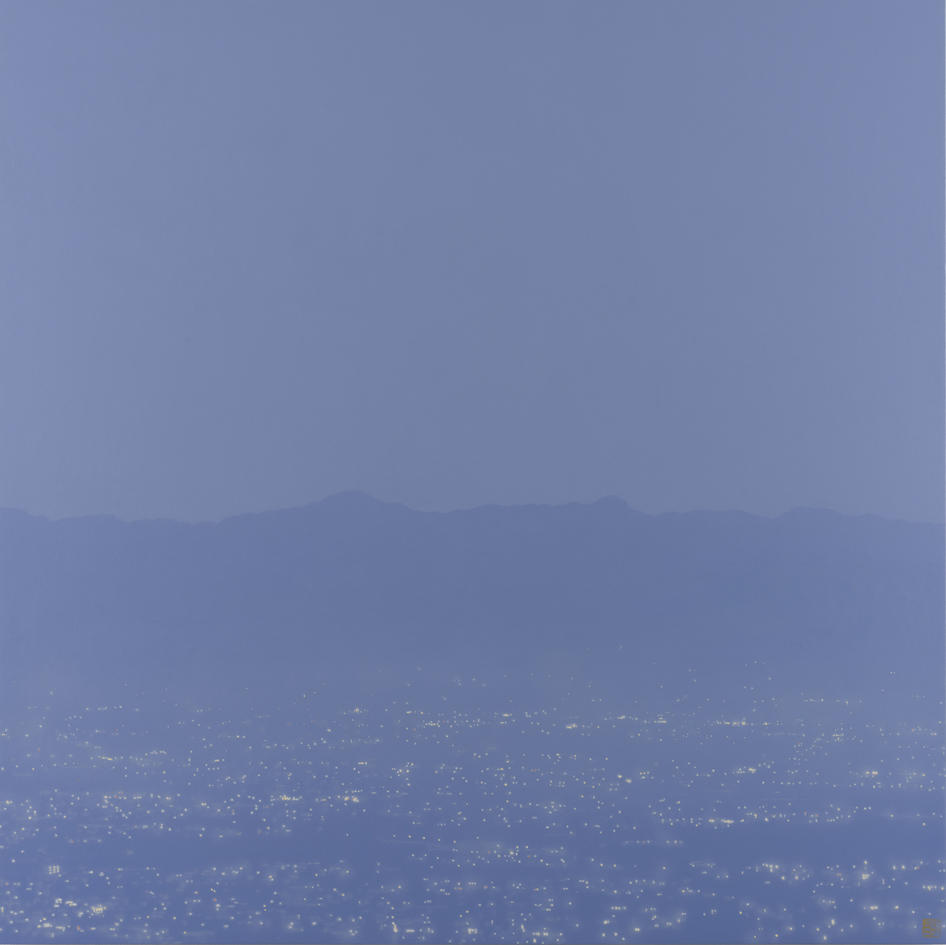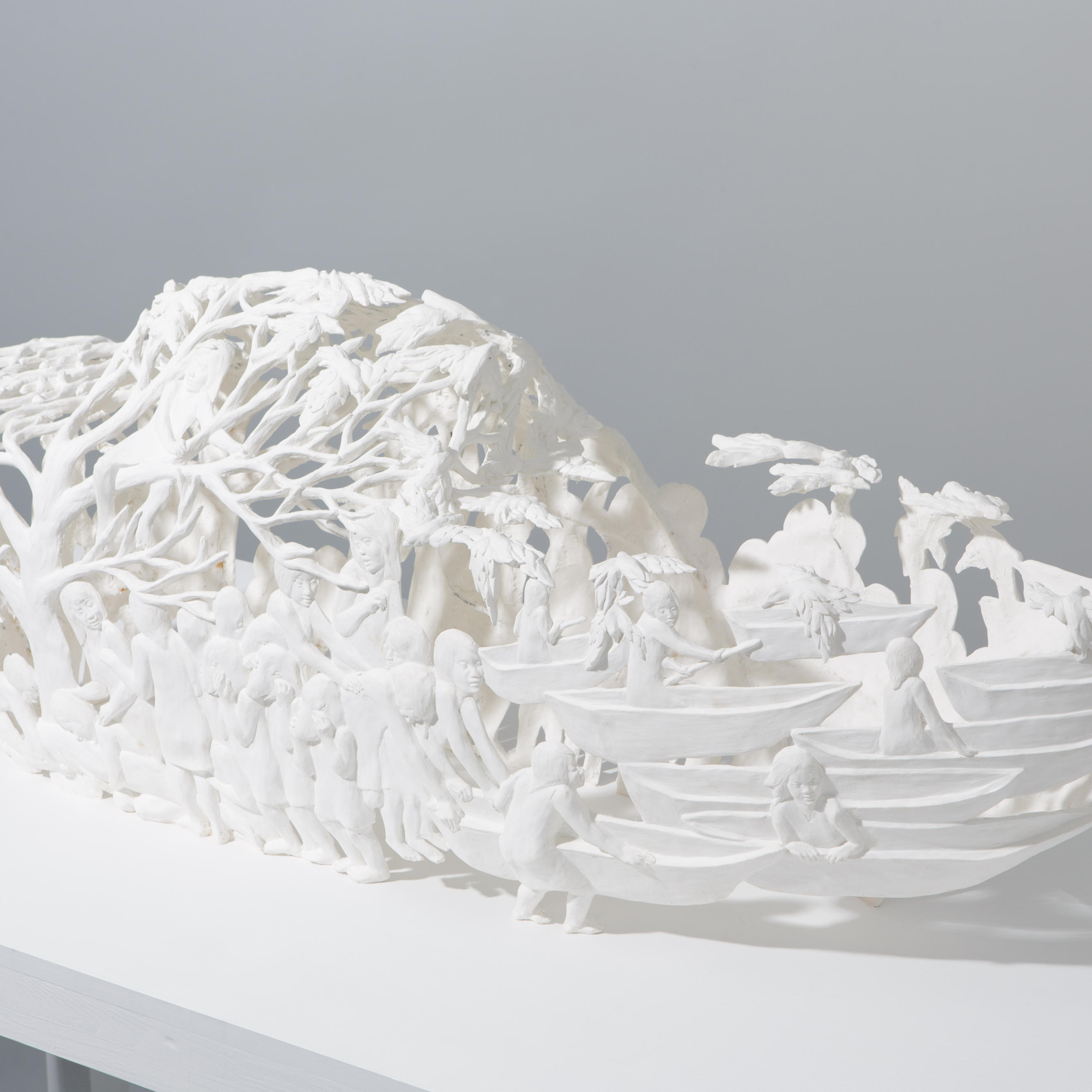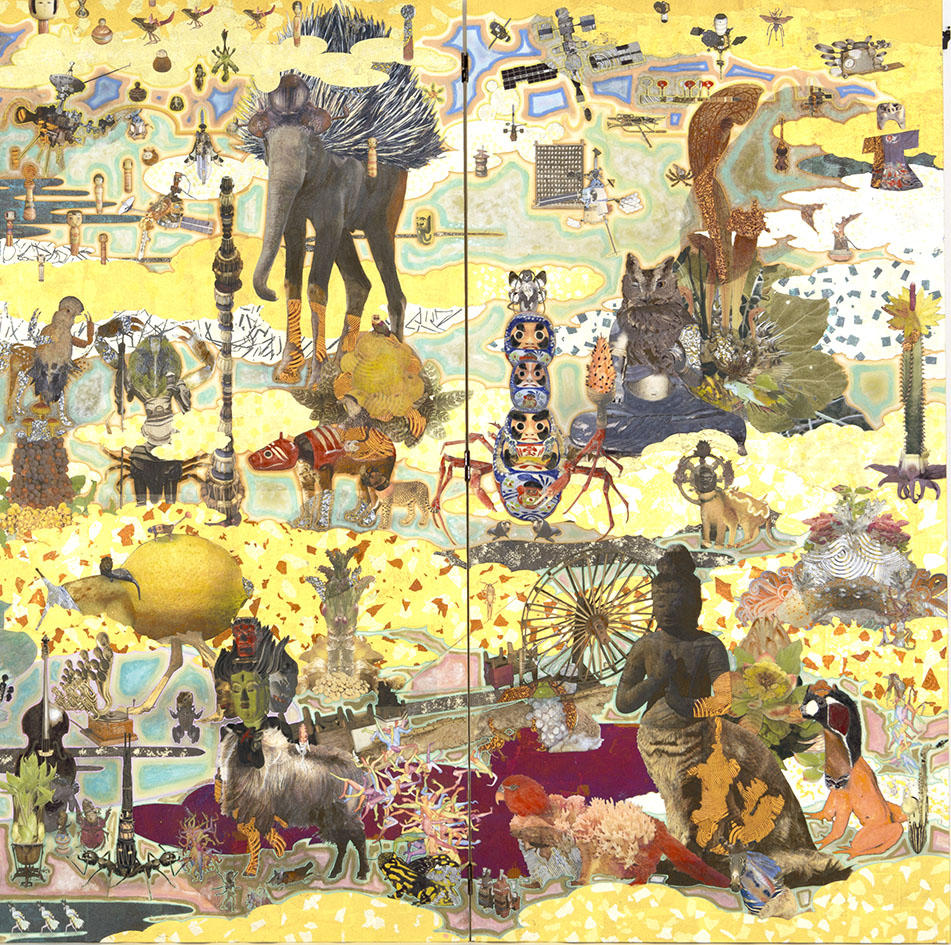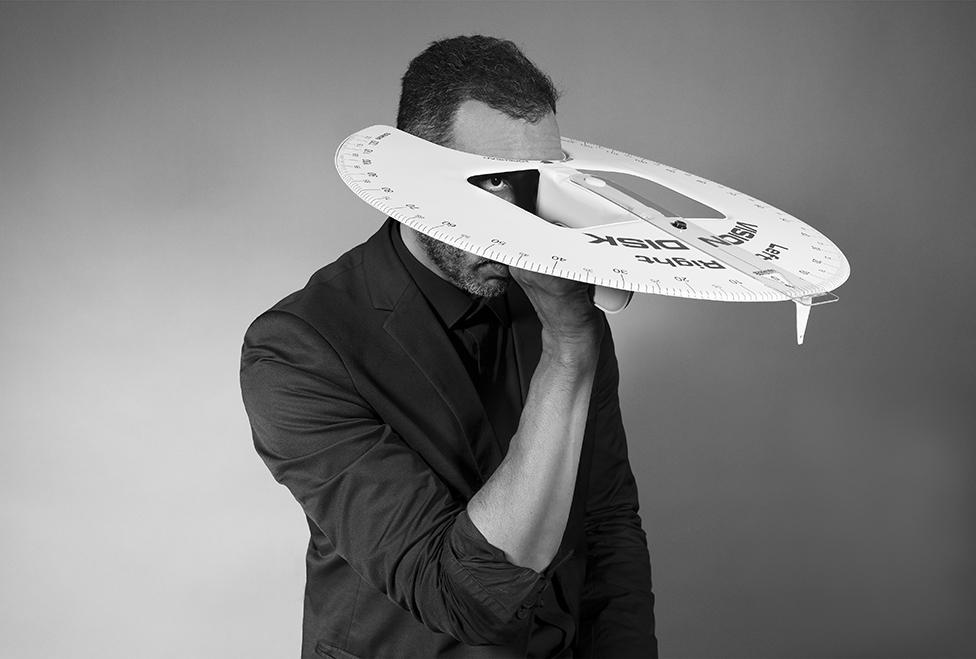Project
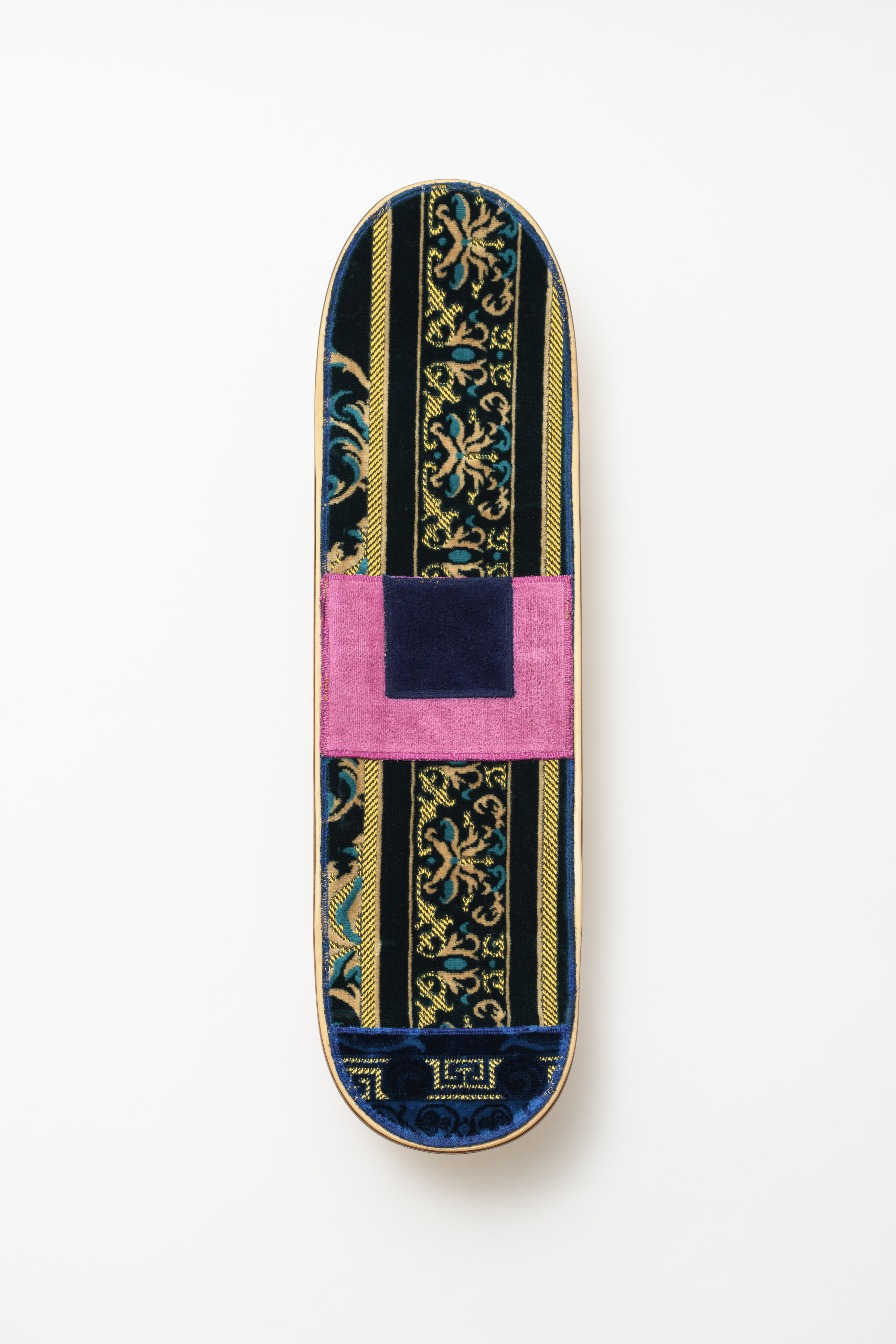
Mounir Fatmi: from video to installation work
Gallery
2023.2.3 (Fri) - 3.5 (Sun)
Moroccan/French artist Mounir Fatmi returns to Art Front Gallery to present a video work and installation in the "Dystopia: Memory in Transition" exhibition opening February 3 at the gallery. We invite you to view the works of the artist, who is energetically working in Europe with a sense of crisis stating that "I think as humans on this planet we are in a state of failure. We have failed to know what our mission is in this world and we have not understood this earth that has welcomed us with open arms."
| Date | 2023.2.3 (Fri) - 3.5 (Sun) |
|---|---|
| Hours | Wed. - Fri. 12:00 - 19:00 / Sat. Sun. 11:00 - 17:00 |
| closed | Monday and Tuesday |
The setting is Miyake Clinic in the Chikko area of Uno Port, a clinic that had not been used for 40 years. Videos produced in France about 20 years ago are shown in the operating room, drug room, and other rooms. The work consists of 15 videos made between 2000 and 2005 and 16 photographs taken in 2004. Although the artist was unable to visit Japan due to the Corona disaster, from as far away as France, his installation of abandoned houses raises questions about "habitat" and other problematic issues and continuing to live in this world.
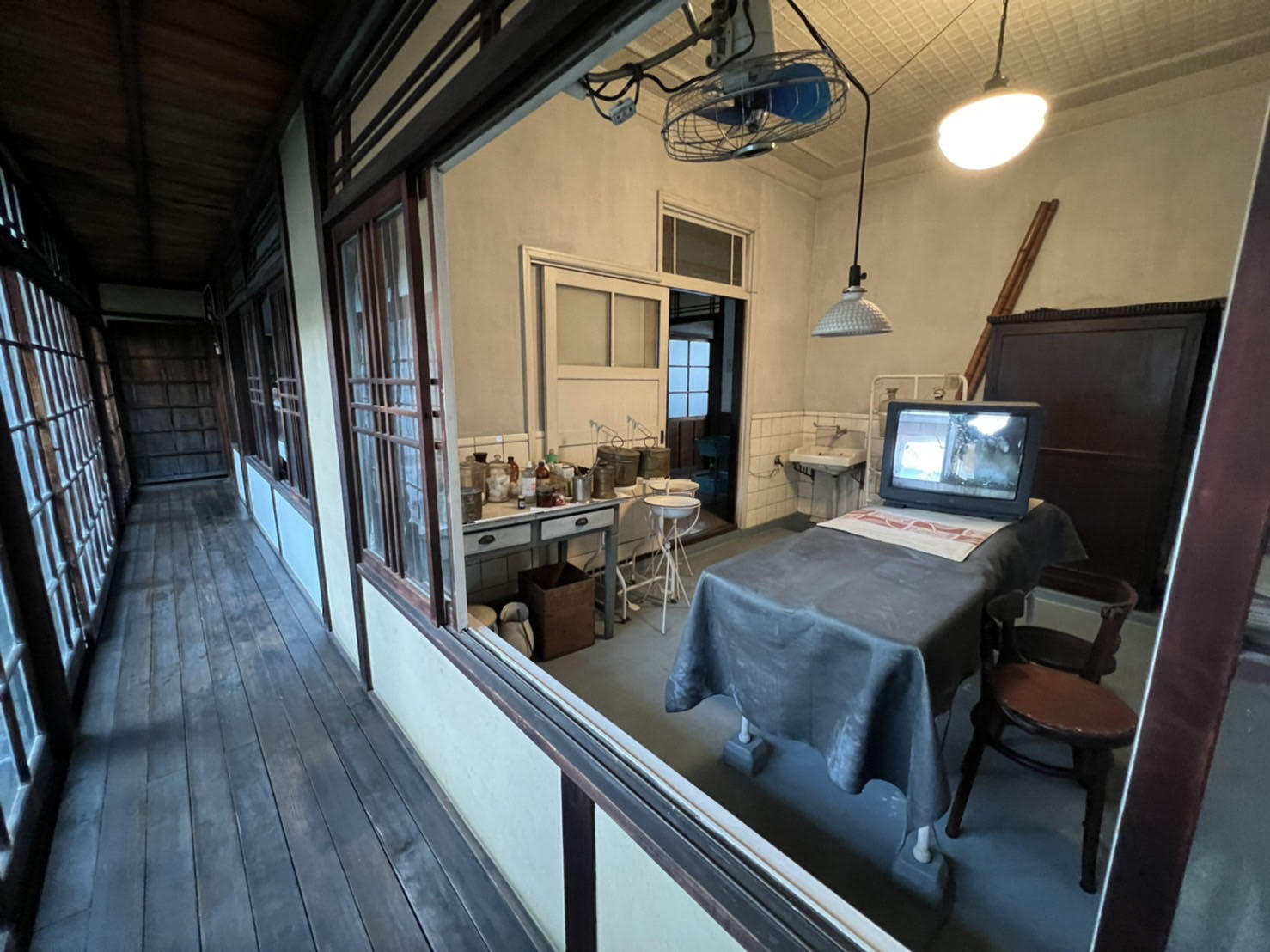
Mounir Fatmi "Based on True Story" Setouchi Triennale 2022
Fatmi, who also remotely participated in the Asia Forum, introduced his solo exhibition "We have lost the luxury of slow thinking. We have to imagine the world, understand it, and think about how to deal with it immediately. We have to think about the question, 'How do we see the world? It is precisely in times of crisis (period of crisis) such as the current one that "the taboo of raising all kinds of issues has been lost, and I think it has become rather easy to ask all kinds of questions.”
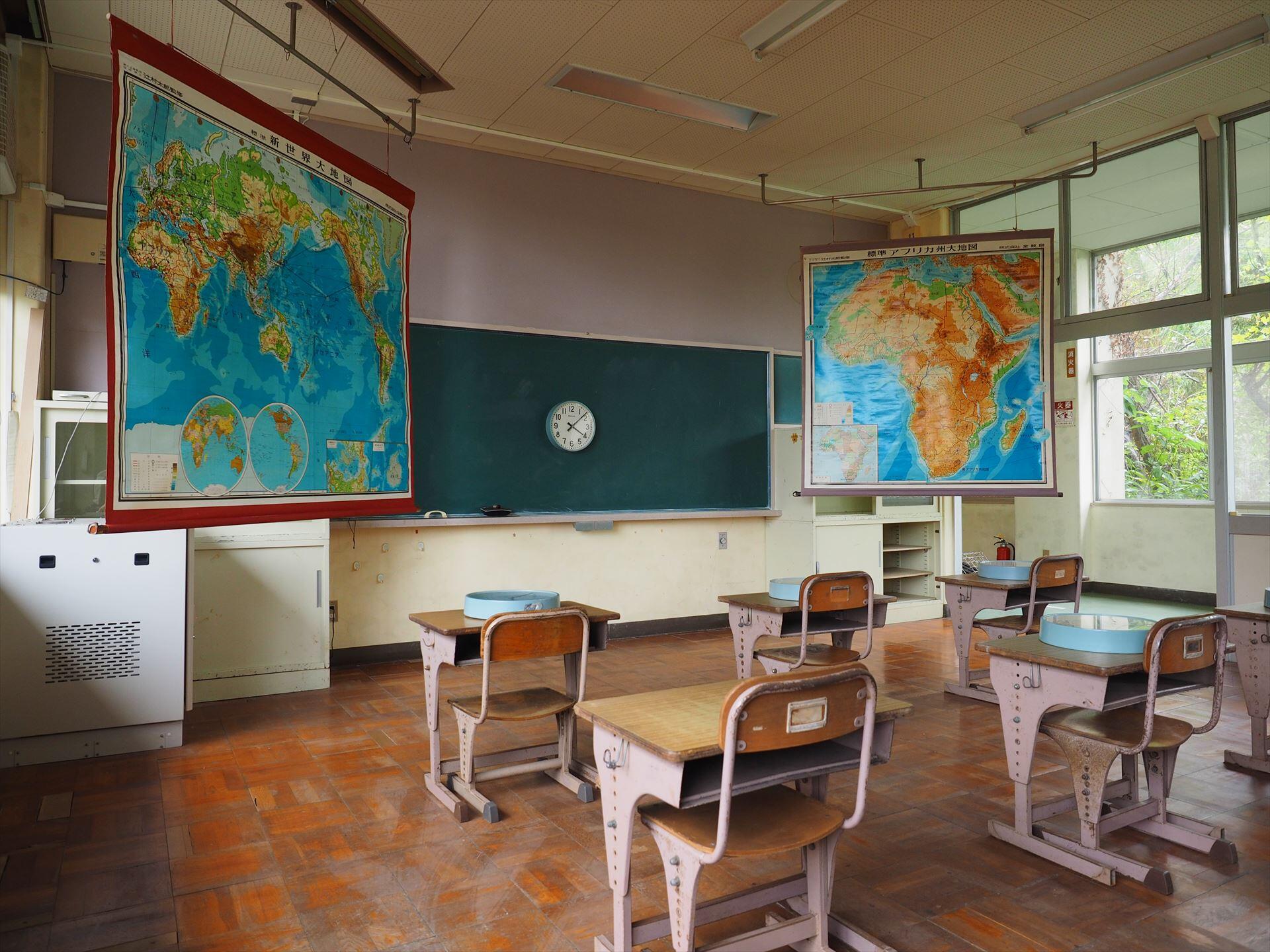
Mounir Fatmi 《The song of the children all Gone》Setouchi Triennale, Awashima Community Area, 2022
Fatmi has created in the situation of corona, which is currently exhibited in "Dystopia: Transition from Memory" at Art Front Gallery. He comments that :
The video “The White Matter” perfectly expresses the current situation since it is a video that specifically deals with the issue of transmission of knowledge and failure. I think as humans on this planet we are in a state of failure. We have failed to know what our mission is in this world and we have not understood this earth that has welcomed us with open arms.
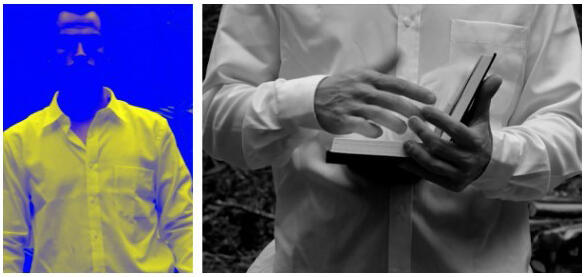
Mounir Fatmi "The White Matter" 2020-2021, France, 16 min, color, stereo.
Courtesy of the artist and Conrads Gallery, Berlin
In this video, Mounir Fatmi studies the impact of modern technologies on memory while questioning the obsolescence of media. Techno-scientific progress has led to the rapid substitution of analog media, surpassed by digital images as society becomes increasingly virtual. The artist thus brings back to life anachronistic and formerly glorified devices such as books, in order to question the revolution of images and media that deeply modified our perception of the world and distorted our sense of memory. The title of the video refers to the white matter present in our brain that is responsible for the propagation of information through the nervous system. Just like the root systems of trees, this type of tissue is composed of millions of communication cables, each one containing a single long thread, the axon, enshrouded in a white substance, myelin, whose function is to facilitate the transmission of signals.
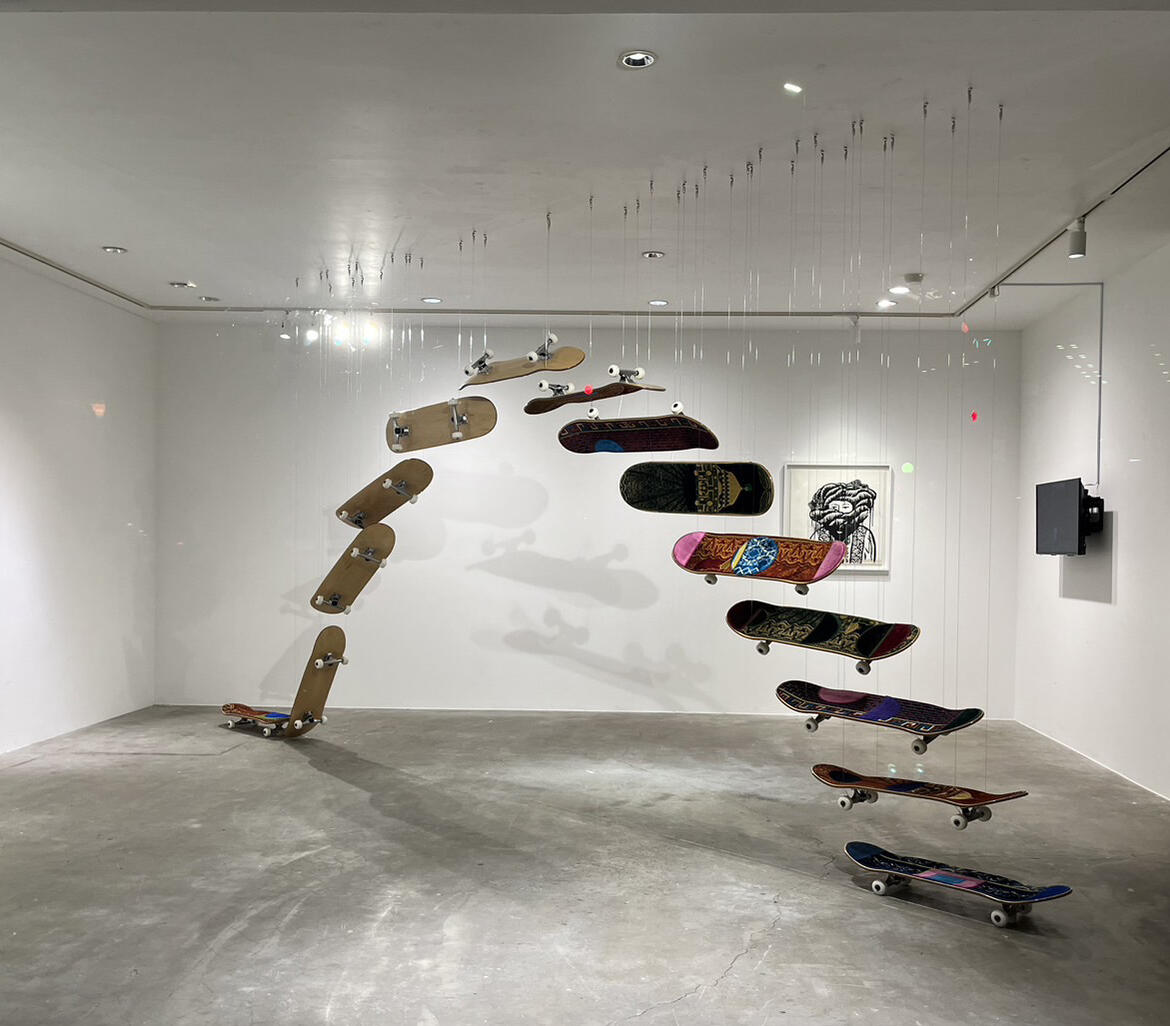
Mounir Fatmi 《Maximum Sensation》dimension variable
Maximum Sensation was first conceived more than 10 years ago. Nevertheless, it fits perfectly our sentiments today in that this series seems to suggest the unification or solidarity between different cultures or different religion, different generation with the common language of “skateboards”, appealing to everyone at first sight. What do you think of universality and locality, vis-à-vis your artwork. Are you always conscious of your identity of Moroccan or French or territory consciousness?
MF - You are right, the installation "Maximum Sensation" brings together several levels of interpretation. It links the religious question to the aesthetic question. I don't think we can believe in God if we don't believe in beauty. Beauty is a fragment of God. Then, of course, there is the question of the local and the global and the installation tries to bring them together to show that the border between the two is gradually disappearing. I have been very lucky to live in several countries, Morocco, Italy, France, the Netherlands and now Spain, and every time I have learned so much, it's like living several lives. It is also about this feeling of belonging to such a rich and vast world that “Maximum sensation” speaks of.
The exhibit will be through March 5. We appreciate your kind visit!
Artists
Related News
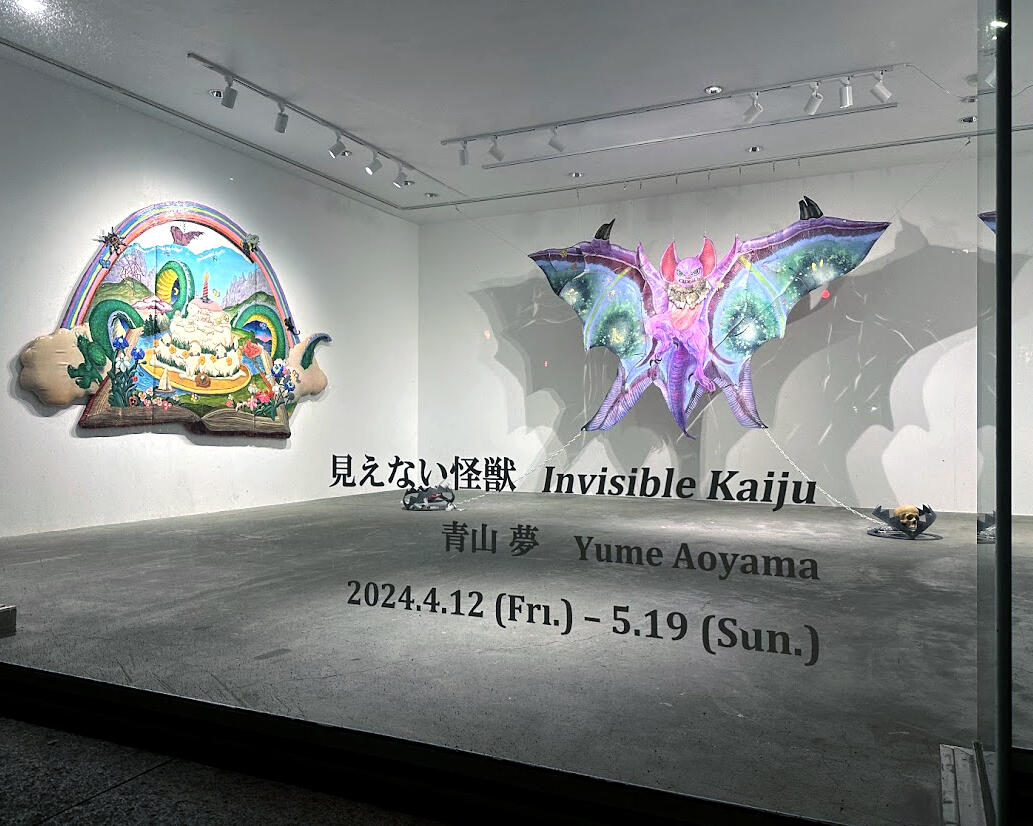
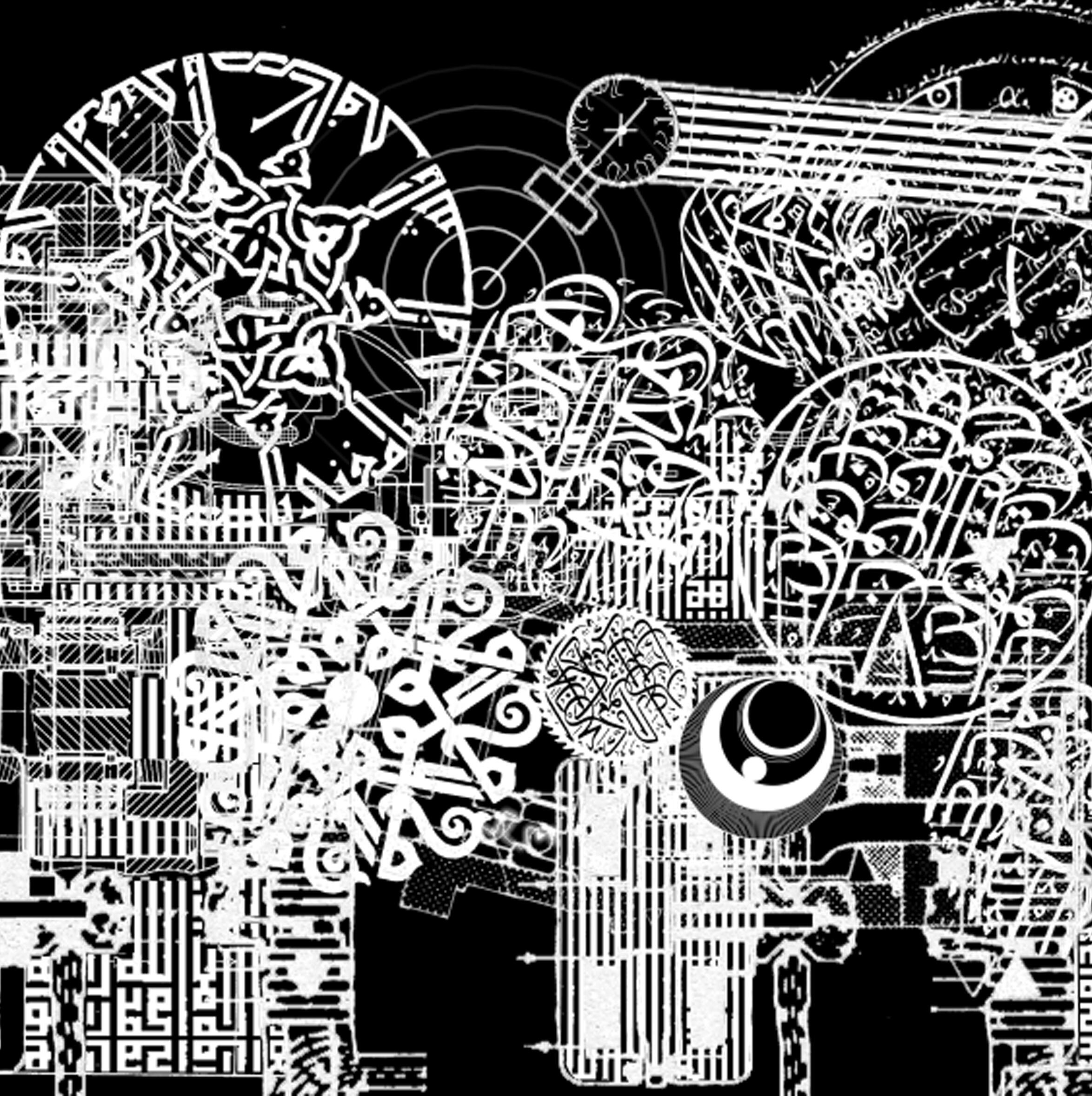
![[ART FAIR] Kiaf SEOUL 2023 / 키아프 서울 2023](https://artfrontgallery.com/whatsnew/assets_c/2023/09/kiaf-thumb-652x652-11457.jpg)
![[Artworks] Mounir Fatmi: from video to installation work](https://artfrontgallery.com/whatsnew/assets_c/2023/02/mounir-thumb-2480x1654-10957.jpg)
